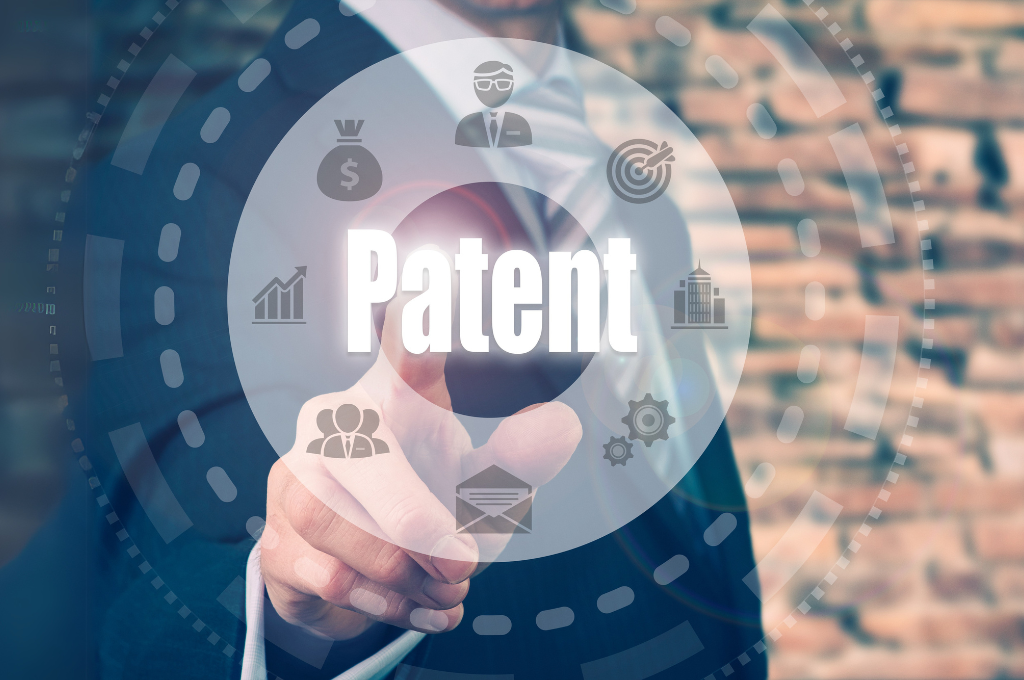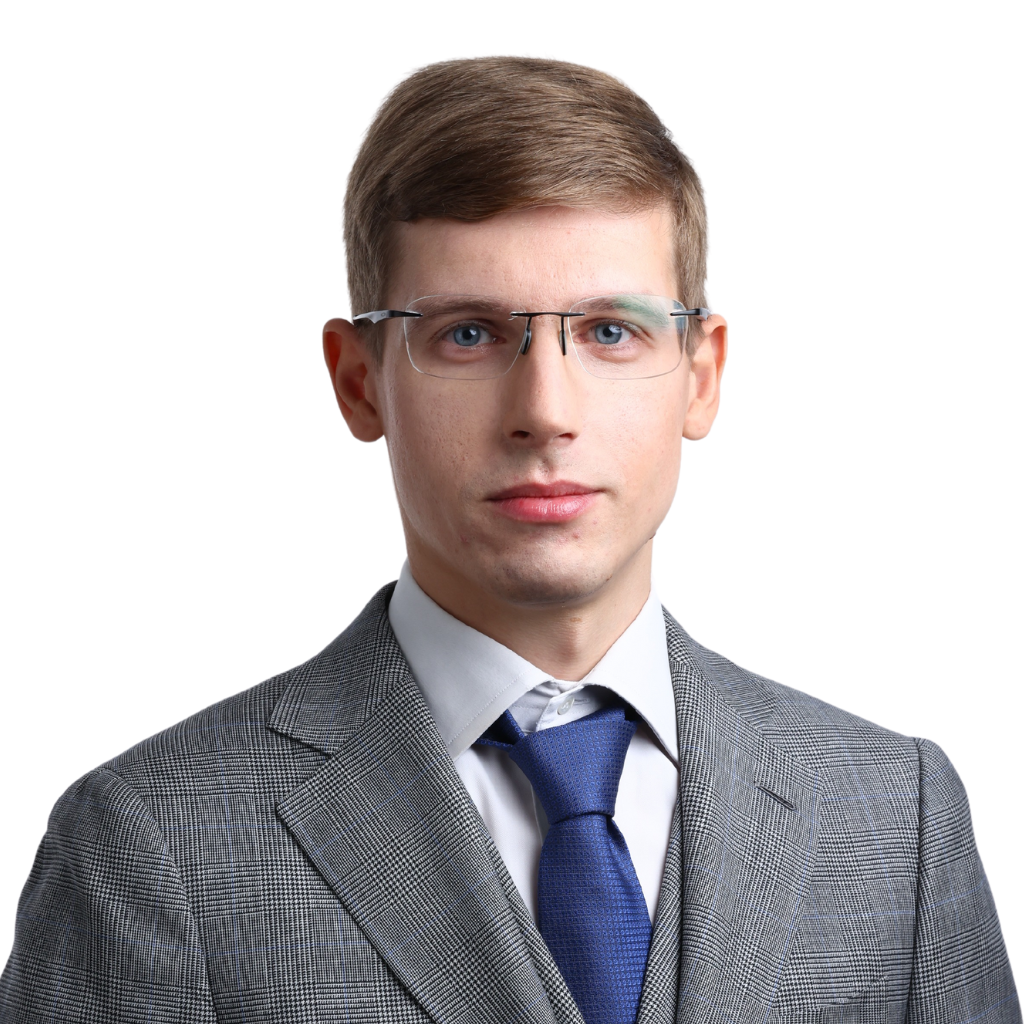11 February 2025 – The European Commission surprised market participants with its communication on the Commission’s work programme for 2025. The Commission revealed that, with regard to the proposal for a Regulation of the European Parliament and of the Council on standard-essential patents (SEPs) and amending Regulation (EU) 2017/1001, no agreement had yet been reached between the Member States. The Commission would now assess whether to submit a different proposal or pursue another solution.
This means that, at least for the time being, there will be no progress on standard essential patents. This decision is seen as a step by the European Commission towards deregulation and increasing the European Union’s competitiveness in the face of new global challenges.
This is an unexpected turn of events, as just last month, a representative of the European Commission stated at the SEP conference in Brussels that the Polish government, which is currently holding the presidency of the European Council, intended to continue working on the draft regulation.
For some businesses, particularly car and smartphone manufacturers who have been pushing for such regulation, this may be bad news. However, within hours of the publication, several technology industry players expressed positive reactions to the European Commission’s decision. Among them, Sisvel, the largest and longest-standing patent pool holder in Europe, welcomed the European Commission’s decision to reassess the proposed regulation. According to Sisvel, this move aligns with the principles outlined in the Draghi report and strengthens Europe’s leadership in standards-related innovation.
Nokia also expressed its support for the European Commission’s decision, noting that the proposed changes would not lead to the anticipated transparency in this area. Additionally, the Finnish company stated that adopting the proposal would not only negatively impact the continent’s competitiveness but would also discourage entrepreneurs from investing billions of euros annually in research and development activities.
The draft regulation on standard-essential patents (SEPs), published on 27 April 2023, thus had a short but very turbulent history. Initially, it faced a very negative reception from some business and legal representatives. They pointed out that, from the perspective of market participants who were to be affected by the regulation, the proposed solutions, particularly for SMEs and startups, might be unhelpful and could discourage SEP beneficiaries from enforcing their rights in the EU.
In particular, the provisions limiting the possibility of initiating court proceedings until the completion of the FRAND mediation procedure (i.e., the procedure for determining fair, reasonable, and non-discriminatory SEP licensing terms) were controversial. This procedure was to be managed by the Competence Centre established at EUIPO. It was emphasized that EUIPO, which currently focuses on EU trademark and Community design cases, lacks the experience and resources to act in the field of patent law.
The provisions regarding the essentiality check of SEPs were also negatively assessed, especially in relation to just one patent from a given patent family, which would not be binding on the parties in the end.
It is worth noting that even after the publication of changes in the European Parliament’s legislative resolution on 28 February 2024, which aimed to reframe some of the proposals, the assessment of the project was still under discussion. We will likely have to wait a bit longer for a new proposal. However, it seems that it will take a different shape, especially given the “winds of change” coming to Europe from across the Atlantic.
In the meantime, issues related to SEPs will still require an individual approach from selected courts in the Member States (mainly these cases are pending in Germany and France). Much also depends on the future direction of jurisprudence of the Unified Patent Court (UPC), which, at the end of November 2024, issued its first ruling in a case involving SEPs and FRAND defense.
In this situation, entrepreneurs and lawyers in Europe will be keeping a close eye on the UPC. Everyone is looking for answers to a number of questions, including the most pressing one: Will the Unified Patent Court, like the courts in Germany, limit itself to resolving infringement disputes, or will it take up the challenge posed by courts in the UK and decide to set FRAND rates as part of pending proceedings? Time will tell.



